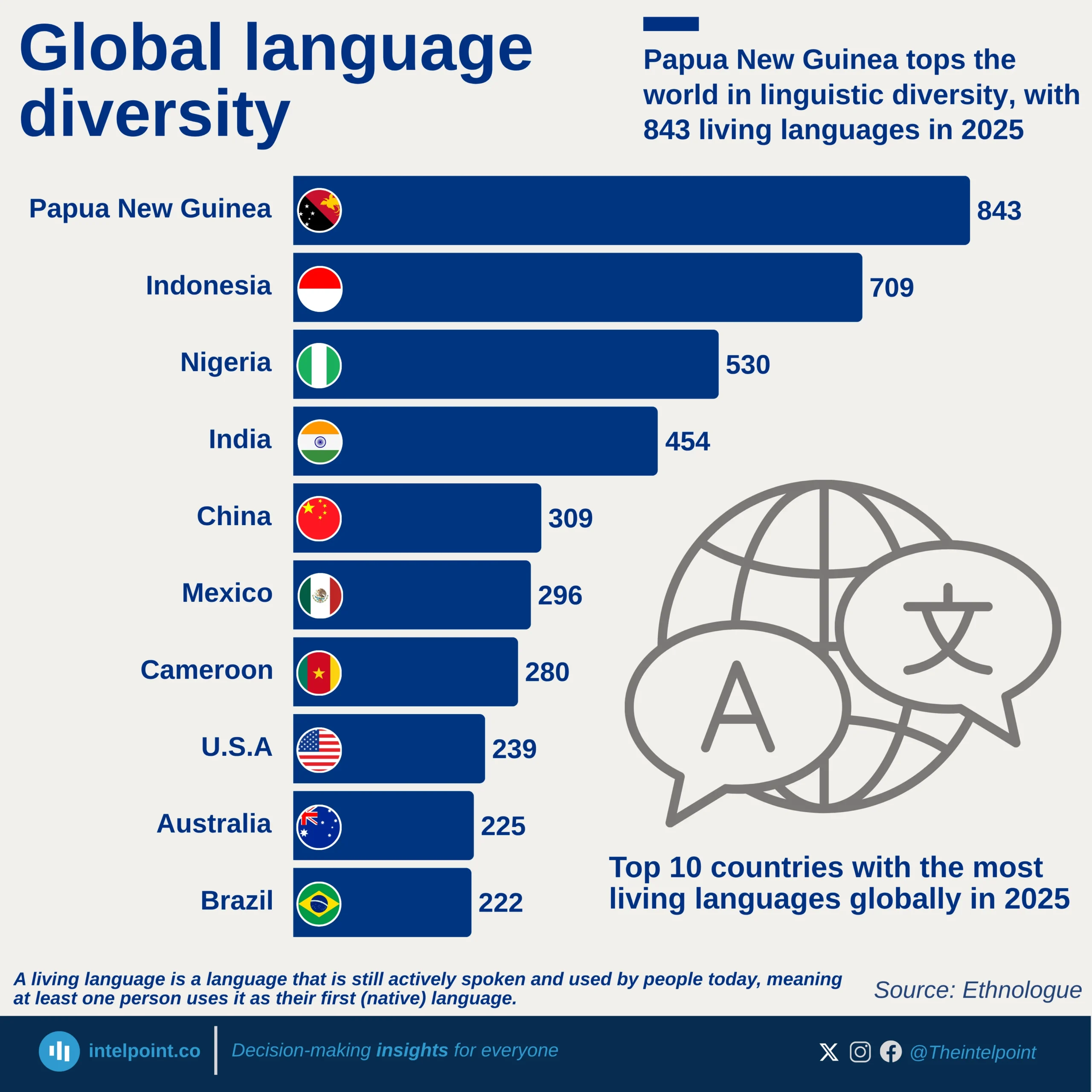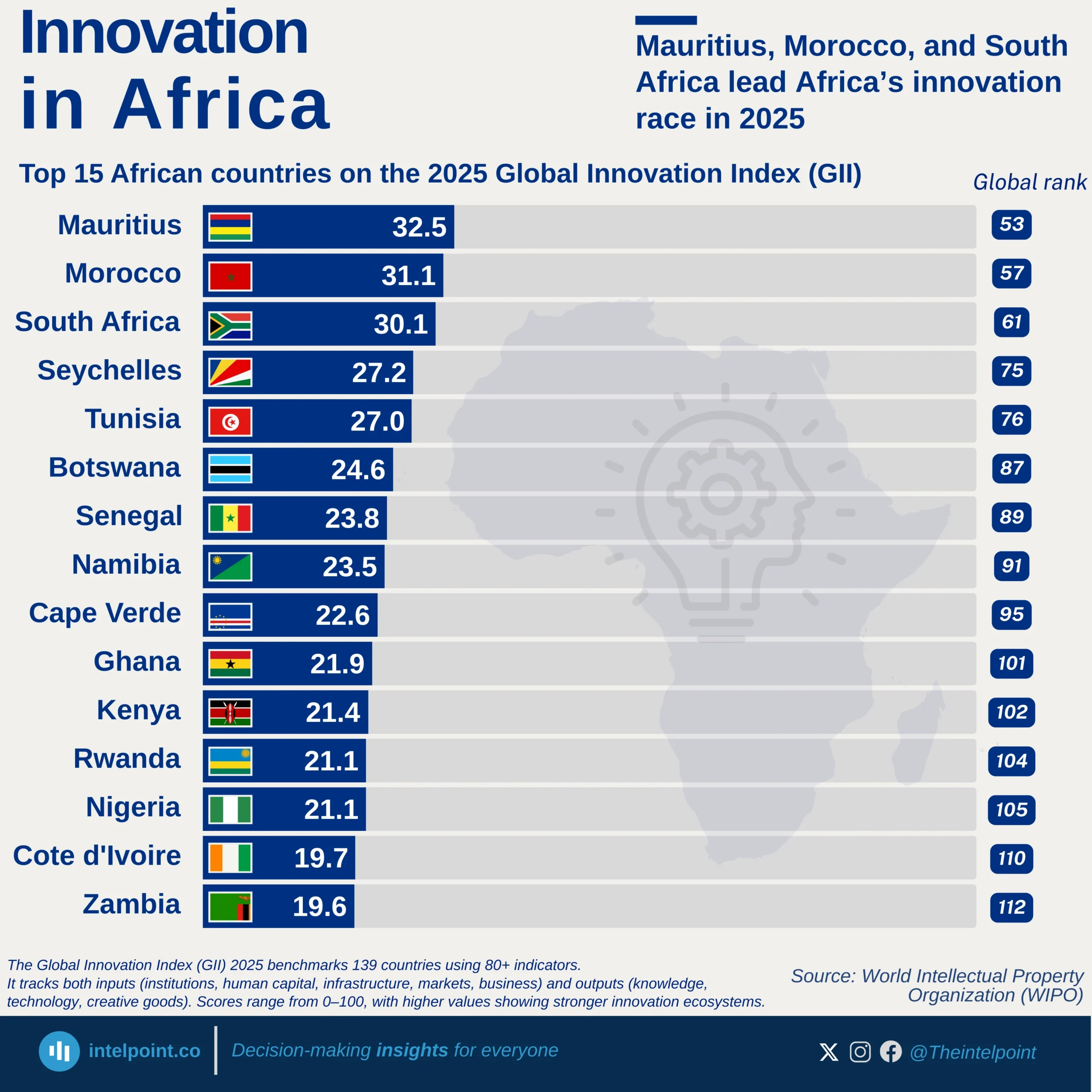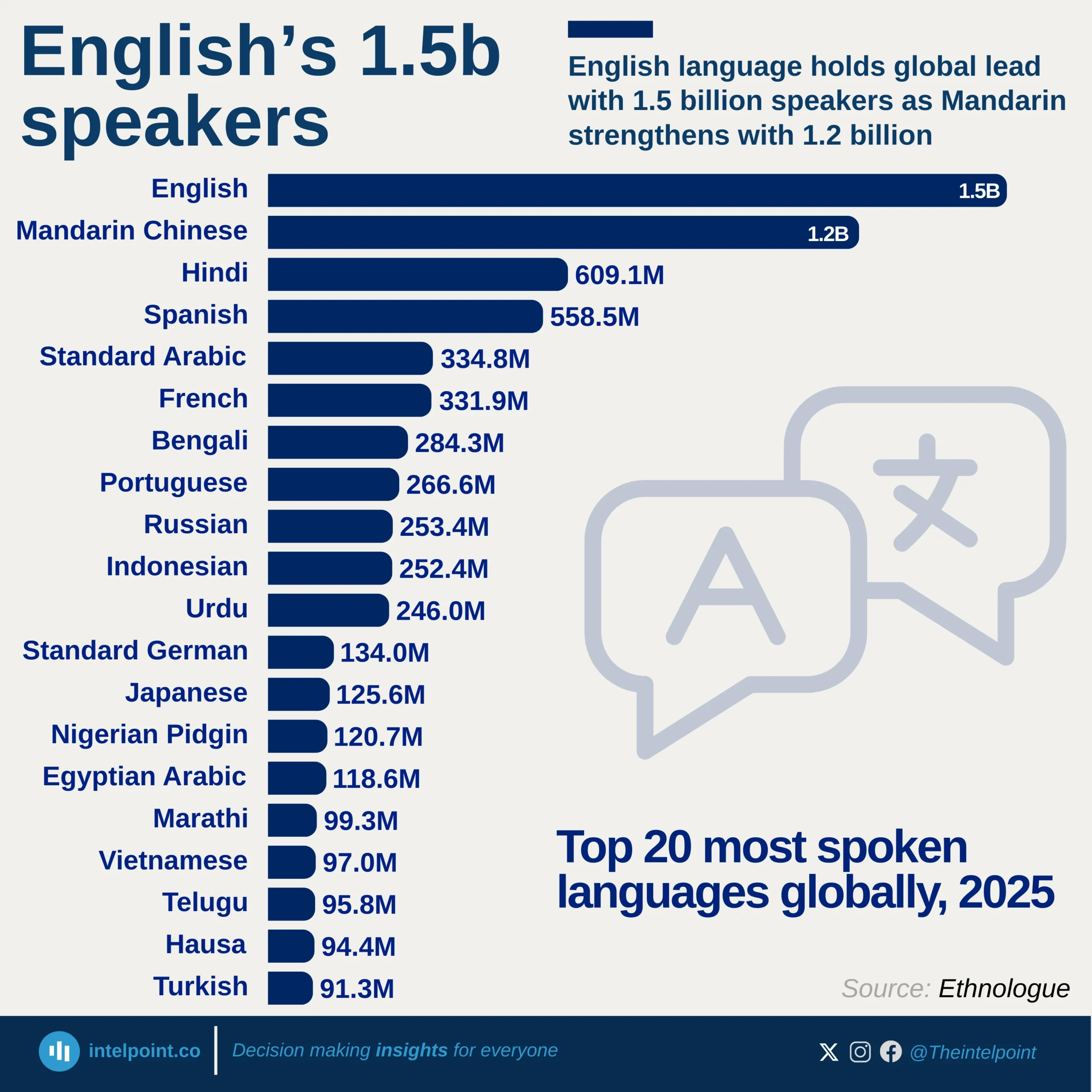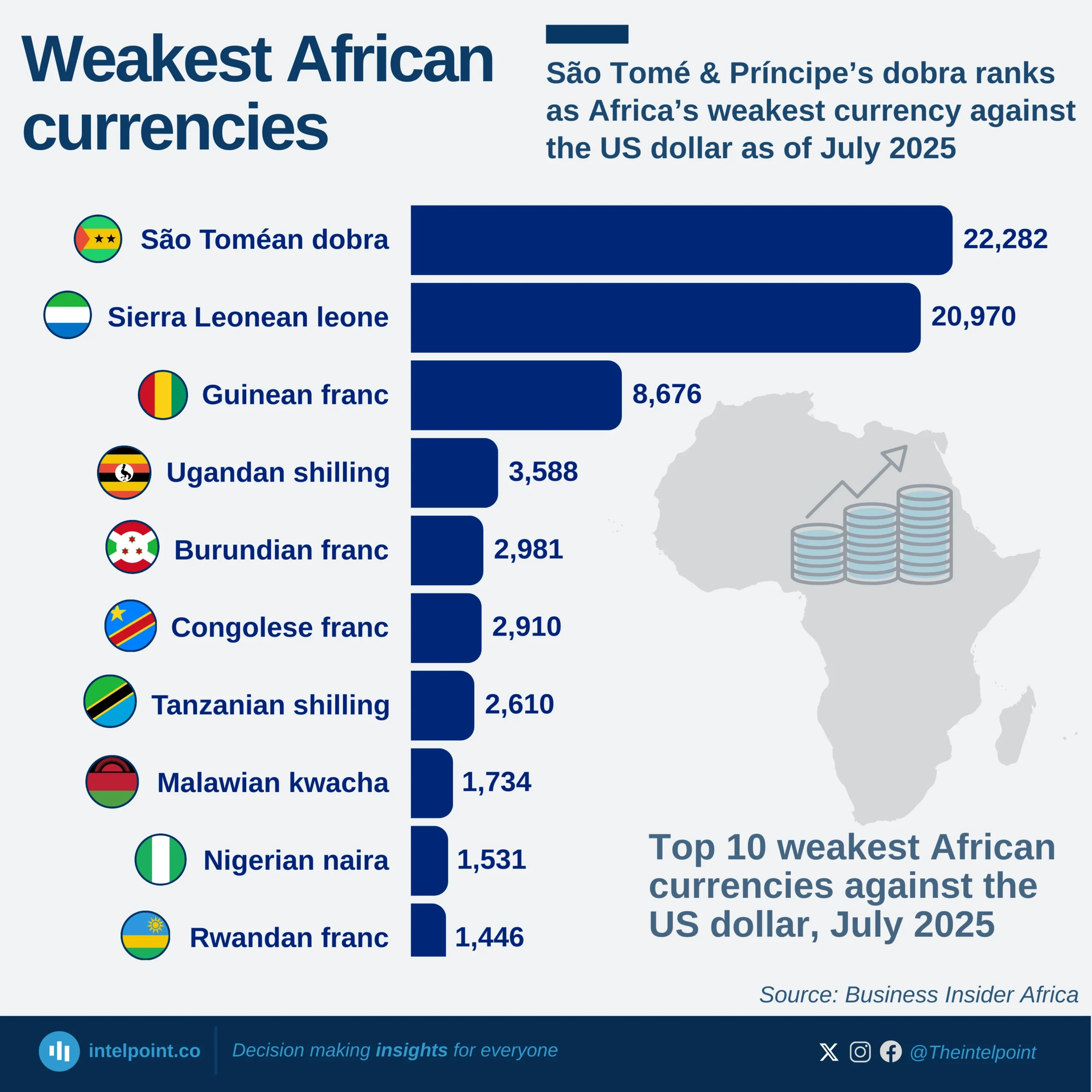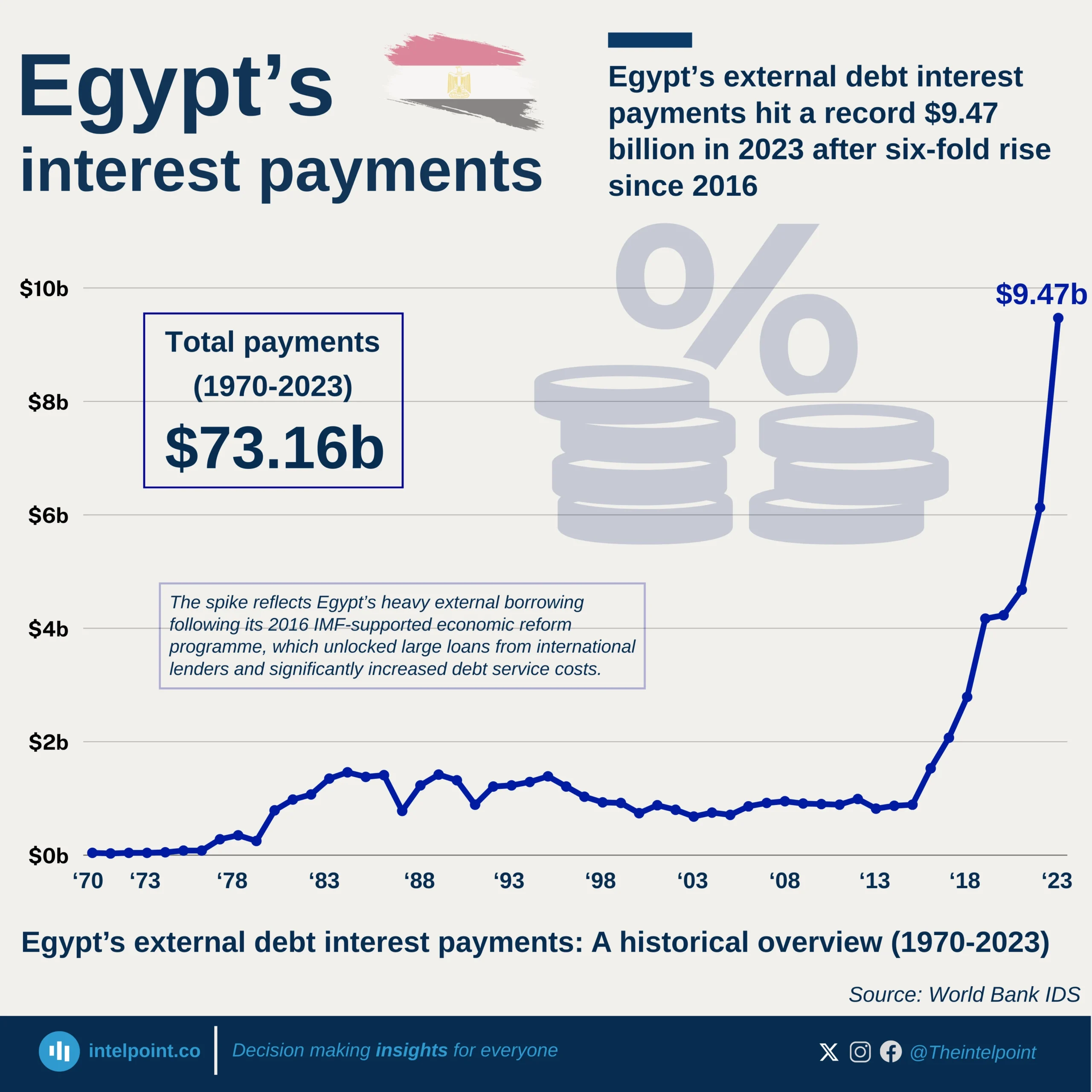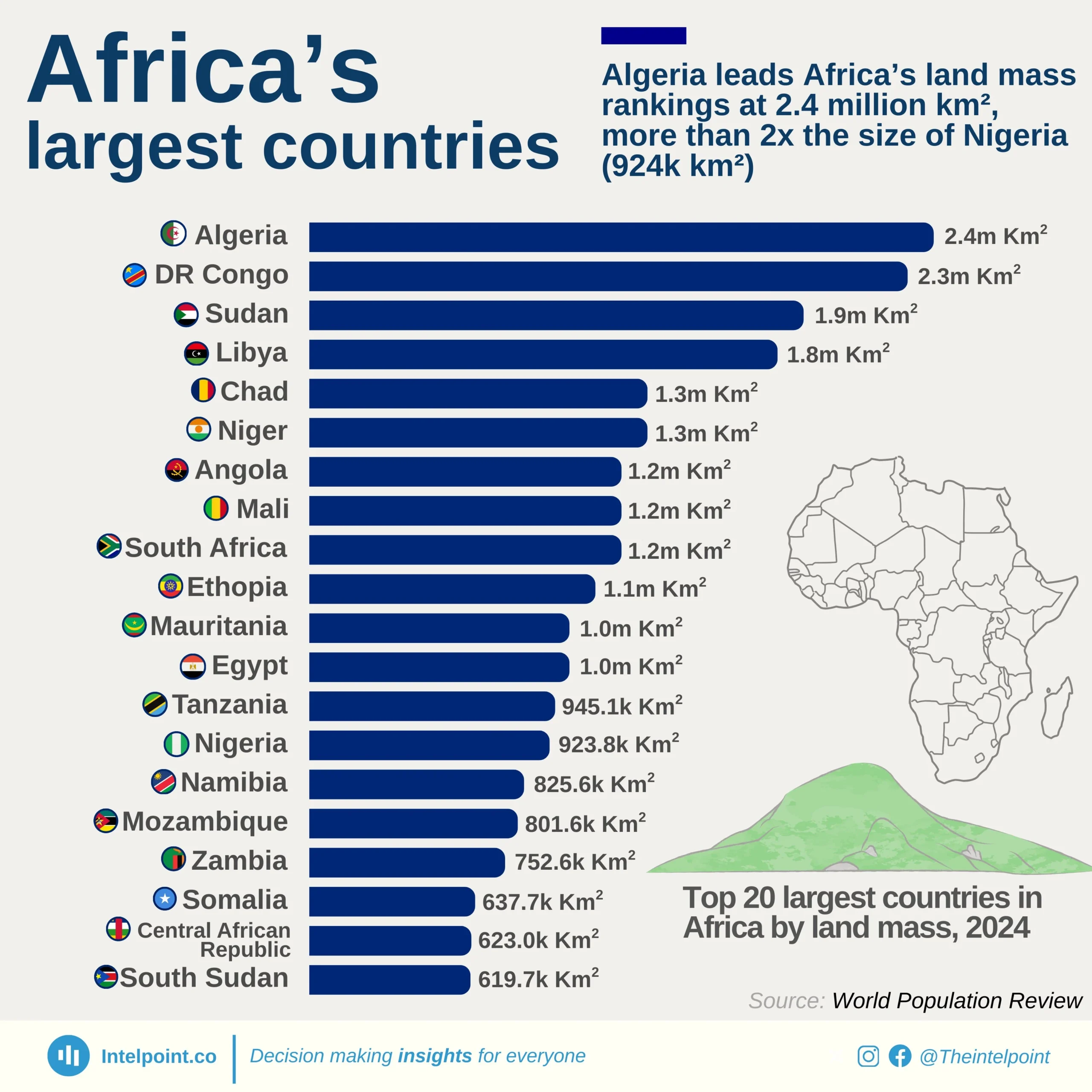Following its strategic exit from Jumia, Baillie Gifford’s refined tech portfolio reveals a strong focus on global innovation leaders. The standout holding is Mercado Libre, commanding $8.5 billion, a clear nod to Latin America’s fast-growing e-commerce market. NVIDIA and Amazon follow closely at $6.8B and $6.2B respectively, cementing Baillie Gifford’s confidence in AI hardware and global retail infrastructure.
The rest of the lineup reflects a balanced bet across future-defining sectors. Pinduoduo and Shopify showcase the firm’s interest in evolving online commerce, while Moderna and Cloudflare indicate its belief in biotech and internet infrastructure. Spotify and The Trade Desk further round out a focus on digital experience and programmatic advertising, with Tesla's $4.6B stake maintaining exposure to clean energy and mobility.
Yet, the most telling figure lies in the “Others”, a $75 billion block that underscores how vast and diversified Baillie Gifford’s overall portfolio truly is. These top names, while headline-worthy, are only a part of its global tech footprint.
